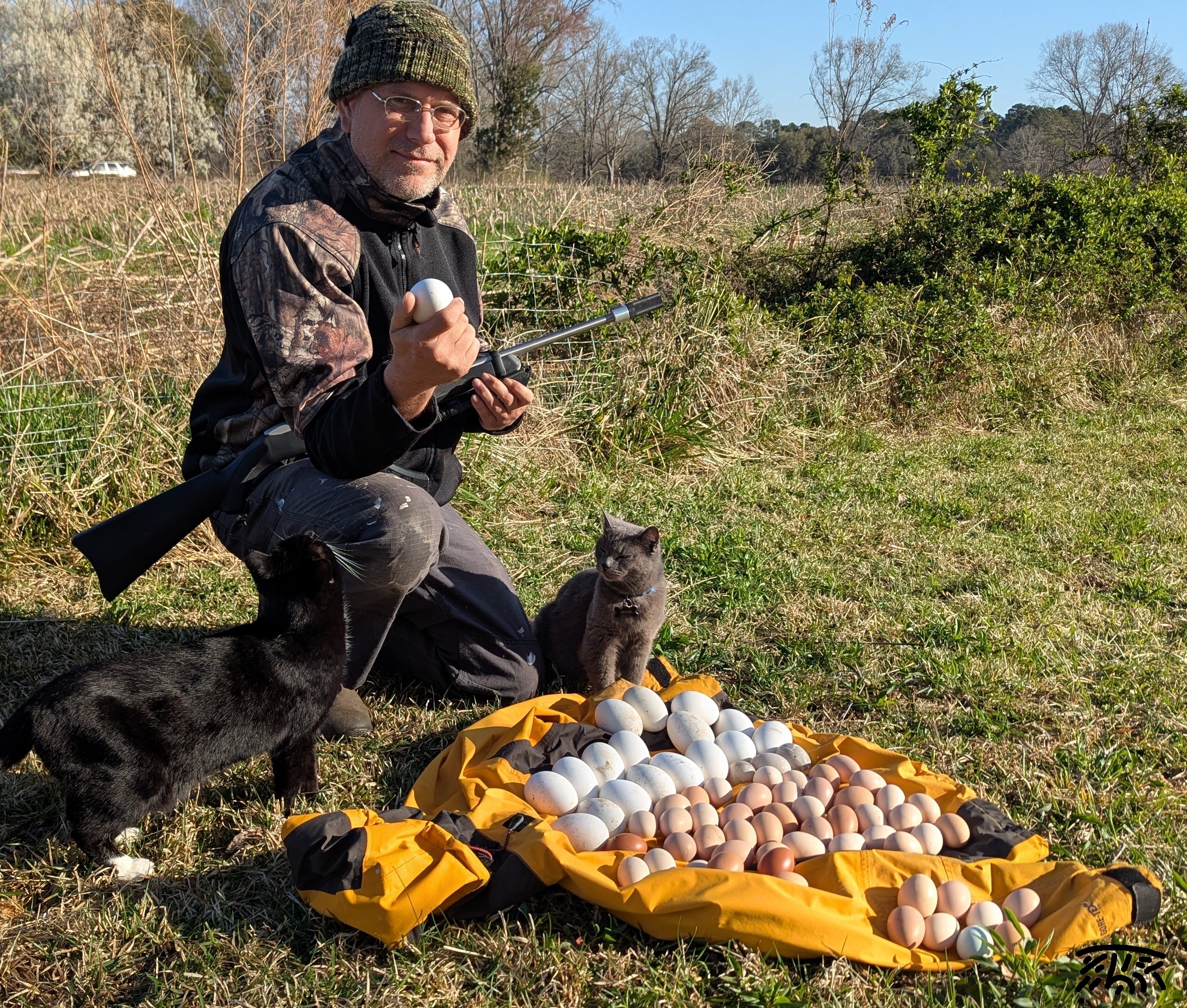If you spend any amount of time on just about any prepper forum, you'll see terms like "bugging in" or "bug-out bag". There is a TON of bad information out there, so I wanted to take a second and make a no-nonsense, plain-language primer for anyone just getting started on their preparedness journey.
Put simply, when people talk about "bugging out", they mean rapidly evacuating an area (usually their home) in an emergency. This can be due to things like natural disasters, chemical spills, civil unrest, war, or getting a call about a sick family member at 3 AM. Bugging out can be, but doesn't have to be, permanent.
You'll also see some people talk about "bugging in". This means that instead of evacuating, they stay at home in an emergency. There's merit to this approach as well: you already know your home and community, and all your supplies are (hopefully!) already there. This is especially appropriate in emergencies that are either very short in duration (like a two-day power outage) or very extreme in scope (like natural disaster making major roads out of your area impassible).
Whether it's better to bug out or bug in depends on your needs and circumstances; there is no "best" answer that applies equally to everyone in every situation. But there are a few things you can do in advance to help you decide:
- Think about the emergencies that are likely to occur in your area. Severe weather? Spill at the nearby chemical plant? Start an emergency manual by listing these emergencies and how you'd react. Document any special circumstances that might change your normal plan.
- In your emergency manual, decide on a bugout threshold for each emergency. Maybe "widespread flooding" isn't worthy of evacuation because your home is on a hill, but "Somename River exceeds 35 feet" cuts off the main route in and out of your home.
- Also in your manual, decide under what circumstances you'll bug in. For example, it may be safer to stay home during a tornado outbreak.
- Pick one or more bugout locations in advance. Wherever you go should be far enough away that it's unaffected by whatever you're evacuating from. If you plan on bugging out to a friend's or family member's home, make sure they know about your plans in advance! Just showing up unannounced is a great way to be turned away.
When the time comes and you decide to bug out, review your plans in light of whatever the actual circumstances are at that time. Is your destination still unaffected? Can you get there safely? Is your family (including pets!) able to travel safely? Just because you planned to bug out (or bug in) doesn't necessarily mean you have to do so. Always stay flexible. Unyielding adherence to plans is a fast path to failure.
Finally, you'll see a lot of people talking about a bugout bag ("BOB"). This is basically a pre-packed backpack or duffle bag that you can grab on your way out the door. There are lots of good guides on building one, and I can make another post going into more details later (feel free to beat me to it). But a basic checklist includes:
- A seasonally-appropriate change of clothes. At a bare minimum, one or two pairs of socks & underwear.
- Any medication you may need. If you have prescriptions, talk to your doctor. "Hey doc, I'd like to keep a small supply of my prescription on hand in case I have to travel in an emergency and forget to pack. How can I do this?"
- A basic first aid kit. Building one yourself is usually cheaper and gets you better quality gear, but you can also buy a small ready-made kit just about anywhere.
- A multi-port USB charger, a small travel surge protector, and enough cables to charge your gear.
- Two compact flashlights with spare batteries. If you're using alkalines, keep the batteries in a separate container to reduce the odds of leaks.
- A paper map of your region. You can get these for free through most states' visitor centers.
- A basic toiletry kit. In my case: bar soap, soap sock, travel size toothpaste / shaving cream / deodorant / mouthwash, cartridge razor. I normally use a safety razor with blades, but if you have to take your bugout bag through TSA, you may get a hard time about the razor blades.
- Poncho, emergency blanket.
- A printout containing emergency contacts (family members, employer, bank / credit card issuers, insurance carriers, etc). Policy numbers are fine but don't put account numbers on there; your bank / card issuer can look you up by your social security number.
- A notepad with several pens
- A few paperback books
- Enough cash to fill up your gas tank three times. Keep it to small bills ($20 and under).
Feel free to add your own items below. I'm sure I missed some but this will be enough to get you started with a functional, balanced bag. I see a lot of people in various prepper forums building up their BOB like they're going to ride out WW3. That's not what a BOB is for; a BOB is to get you from point A to point B. And don't feel like you have to buy some special "tactical prepper backpack"; that old Jansport tucked in the back of your closet is fine, and secondhand laptop backpacks can give you tons of organization for very little money.

